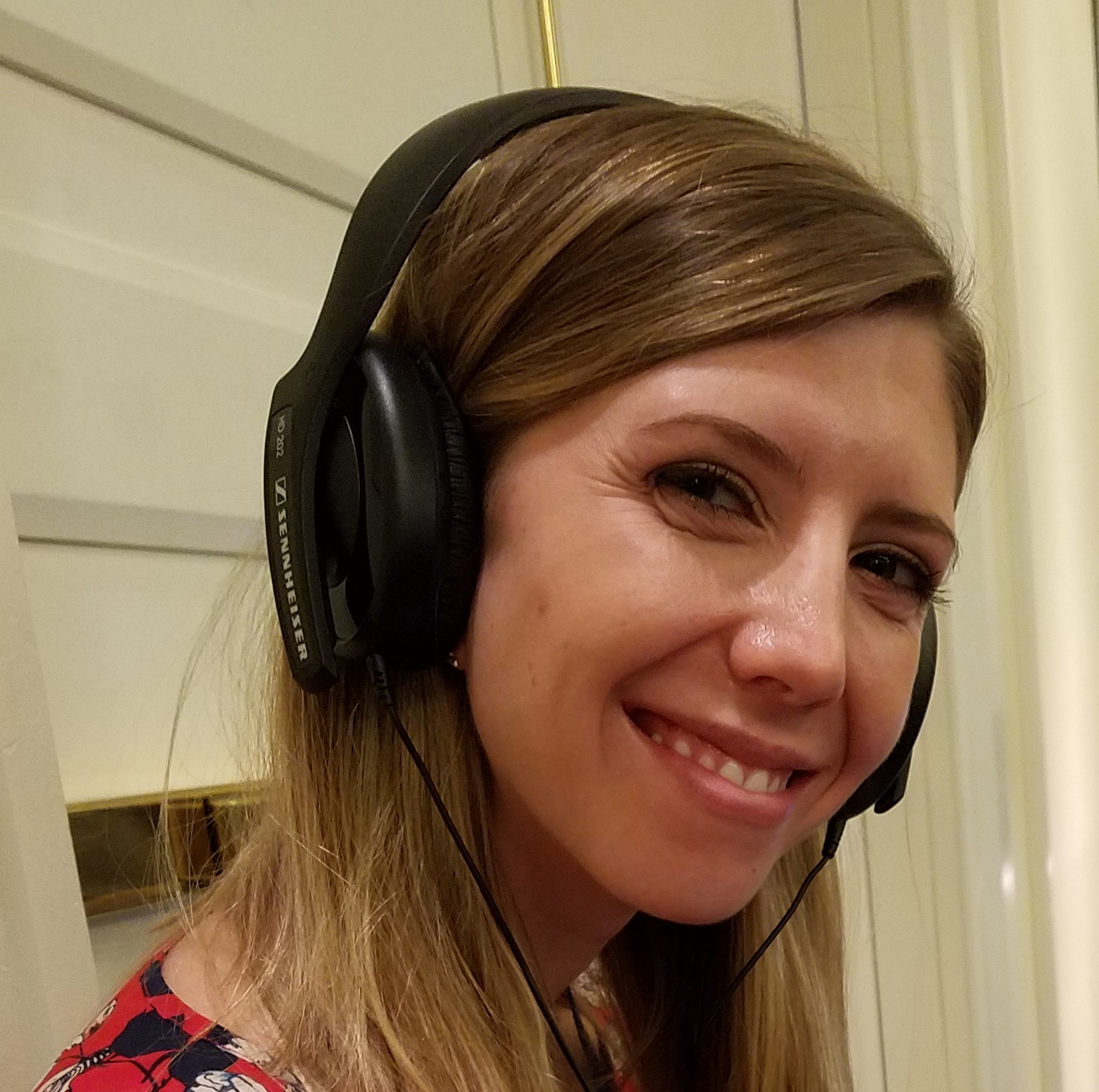Do you remember an elementary school hearing screening? Donning bulky headphones and raising your right or left hand when you heard a beep in the respective ear? Hearing screenings are important for children, especially as they learn language in school. Designer Audiology previously wrote a blog about them (See The Important of Hearing Screenings for Children).
Hearing screenings are also important for adults. Most adults don’t routinely receive hearing screenings after age 18. Screenings offer basic triage of hearing loss, wax buildup, and middle ear problems. The American Speech-Language-Hearing Association (ASHA) recommends a hearing screening every 10 years through age 50 and every 3 years after that. Some disorders increase the risk of hearing loss: diabetes, dementia, falls, depression, heart disease, and vision loss; if you have one of these, it may warrant more regular hearing screenings.
Hearing screenings take several forms and typically take only a few minutes. A primary care physician can complete a
hearing screening in the form a questionnaire, pure tone screening, or simple face-to-face questions. Some Audiologists offer hearing screenings in the same manner using questionnaires and pure tone screeners. Do-it-yourself screenings are also available online (http://www.betterhearing.org/check-your-hearing). A baseline hearing evaluation may be warranted with any concerns: co-morbidities (listed above), changes in hearing acuity, and/or noise exposure. Ask your physician for a screening, or call Designer Audiology to schedule a comprehensive hearing test.

